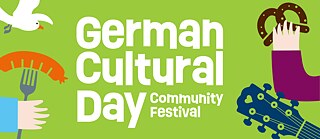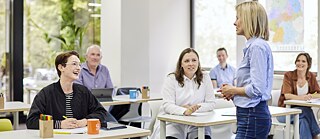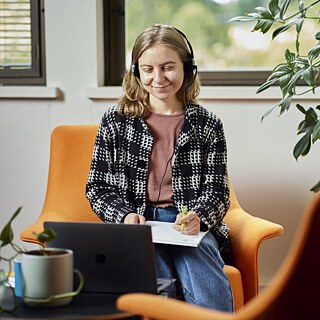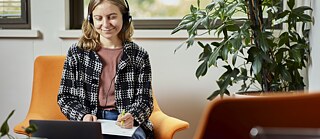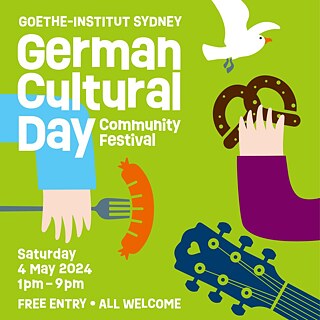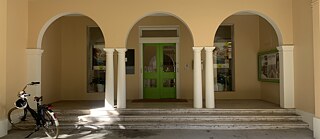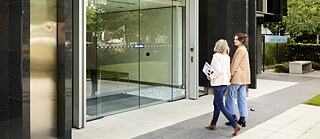Teaching German
Our offices in Melbourne and Sydney are committed to high-quality in-service training for German teachers. We offer free classroom materials, digital teaching programs, training courses, scholarships and much more. Find out more about our offers and get in touch with our staff.
